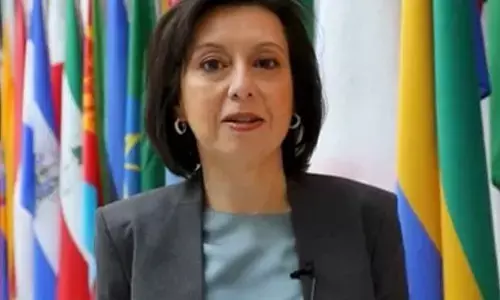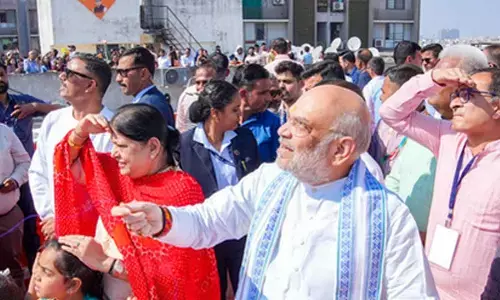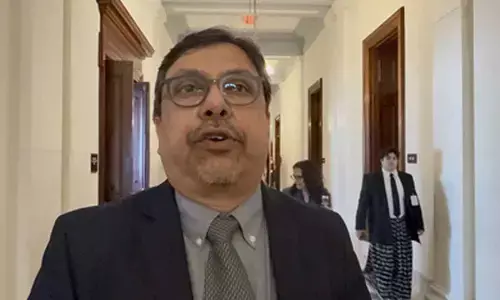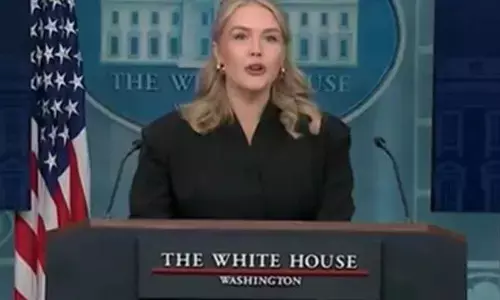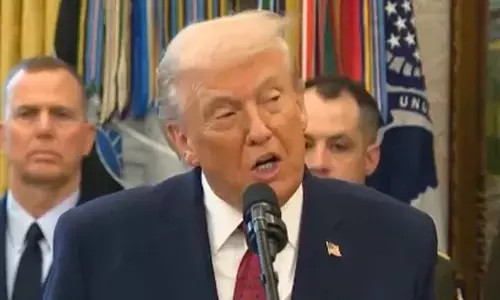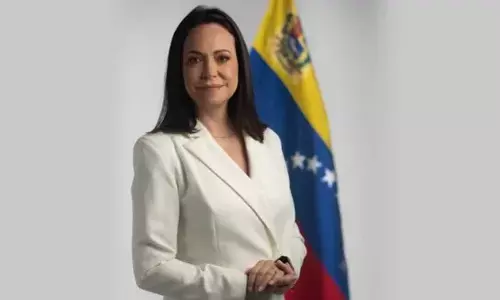Be mindful when it comes to words
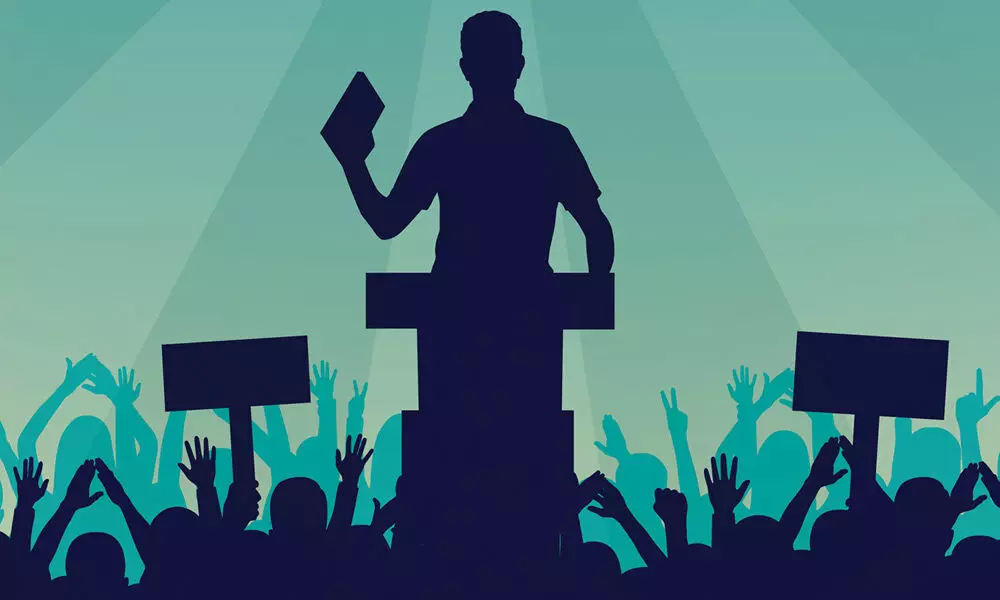
Representational image
Have you ever heard of language politics? Language politics is the way language and words are used in the political arena.
Have you ever heard of language politics? Language politics is the way language and words are used in the political arena. Elections are happening all around the world and language has a huge impact on the way countries move forward.
Political scientist Noam Chomsky explains in his book 'Language and Politics' exactly how words are the currency of power in elections. Communication and speechwriting are the keys to swaying voters, and in democracy, the system calls for the people to buy into what politicians are saying in their campaign speeches.
Today, words are incredibly important in politics, given the abundance of false information available to voters on the internet. Rhetoric and language also prove incredibly important in Europe, where we see recent rises in right-wing, populist sentiment. Political discourse operates indexically, meaning that every single word being used either implicitly or explicitly expresses some political viewpoint. This could even be as subtle as an accent, or how people are addressed.
Political discourse is always aimed at interaction, including interruption, debate, and negotiation. Political discourse also tends to be vague leaving the electorate up to interpret what is being said as they would like to understand it. Take a look at what the Union Agriculture Minister, Narendra Tomar, said with regard to the now 'withdrawn' farm laws the other day. Tomar, in his wisdom, reinterpreted his government move to roll back the farm laws "for not having convinced the farmers" (none other than the Prime Minister's words). He said the three farm laws withdrawn by the government last month after they triggered a historic ryot protest lasting for a year in the country, could be re-introduced at a later date. He went on to add that due to "some people" the government had to roll back the laws.
Whether the laws are good for the farmers is debatable. But, it is wrong to state that the government could not convince the farmers because there was no such attempt made in the first place. The government could not convince the Opposition, too, in the Parliament and it preferred to ignore the protests until such a time that the crucial elections came knocking its doors.
That is the only reason it has stepped back. A day after, Tomar attempted to correct his utterance to "the government has no plan to bring back the agricultural laws. To honour the farmers, Prime Minister Narendra Modi had decided to withdraw the agricultural reform laws."
Why, sir, then did you say otherwise in the first place? Did the Prime Minister advise you to? Or did the party high command or the Cabinet asked you to remove the cobwebs in this regard? Or was it his sense of humour? What would Capt Amrinder Singh's reaction be? We have not heard of it so far. Anyway, Tomar should know that he is at liberty to say anything but the farmers too have the liberty to stage a sit-in once again. This time around when they do so, there won't be any going back or 'Ghar Wapsi' till the government is taught a lesson. Any guess what the lesson will be?









